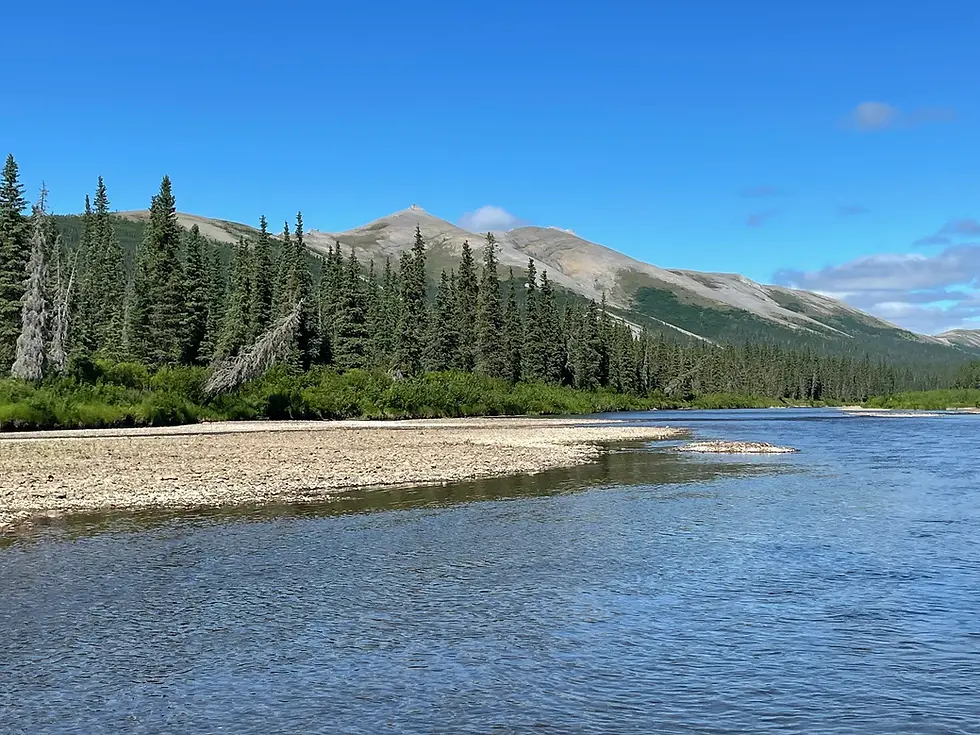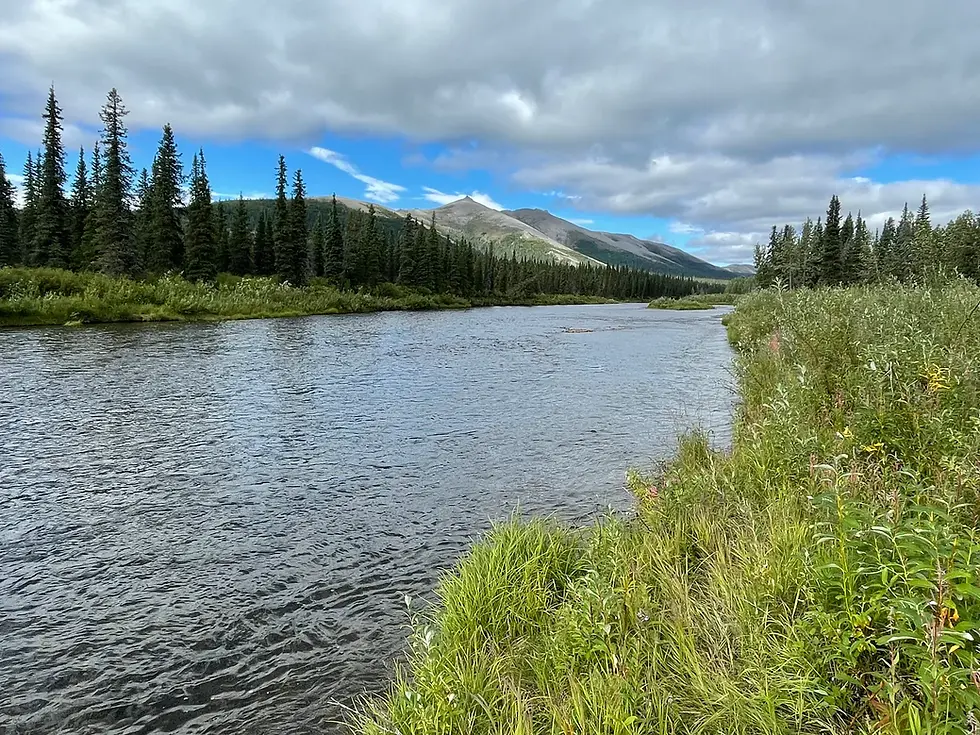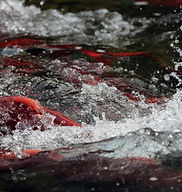Murkowski Trys to Get Alaska to Return to Having A Presence in the Arctic
- Norton Bay Watershed Council

- Jan 2, 2019
- 2 min read
January 2, 2019

In an effort to compete on an increasingly international stage that is focused on the Arctic, Alaska Sen. Murkowski is trying to reinvigorating two actions taken by President Obama that President Trump has attempted to quash. Addressing the Alaska State Legislature recently, Murkowski re-introduced the Arctic Policy Act which would put into law parts of two executive orders created by Obama. First, the Act would codify the Arctic Executive Steering Committee, originally created by Obama to coordinate shipping, energy, science, diplomacy, Coast Guard and other Arctic issues to the forefront. The bill would also transfer the committee’s chairmanship from the White House to the Department of Homeland Security, presumably to prevent the Trump administration from rendering the committee useless by leaving it dormant like it has for the past two years.
The APA would also establish an Arctic Advisory Committee made up of representatives from the country’s eight Arctic regions including Arctic Slope, North West Arctic, Norton Sound, Interior, Yukon-Kuskokwim, Bristol Bay, the Aleutian Islands, and the Pribilof Islands.
Importantly for Alaska Native communities, the bill would bring back a portion of President Obama’s North Bering Sea Climate Resilience Area executive order that called for establishing regional tribal advisory groups, starting with the Bering Sea Regional Tribal Advisory Group. With the support of the Alaska Delegation including Murkowski, in 2016 President Trump rescinded the Obama order, to pave the way for application of his “Energy Dominance” policy in Alaska. Ever since then, Alaska Native groups, including NBITWC have lobbied the delegation to return the NBSRA in it’s entirety.
Finally, the APA bill it would add two Indigenous commissioners to the U.S. Arctic Research Commission. Indigenous communities in Alaska have an advanced knowledge of the Arctic and deserve a seat at the table, Murkowski said in December. “In the Arctic, we’ve got an opportunity to show the world here how to integrate Indigenous knowledge and voices into policy and science.”








Comments